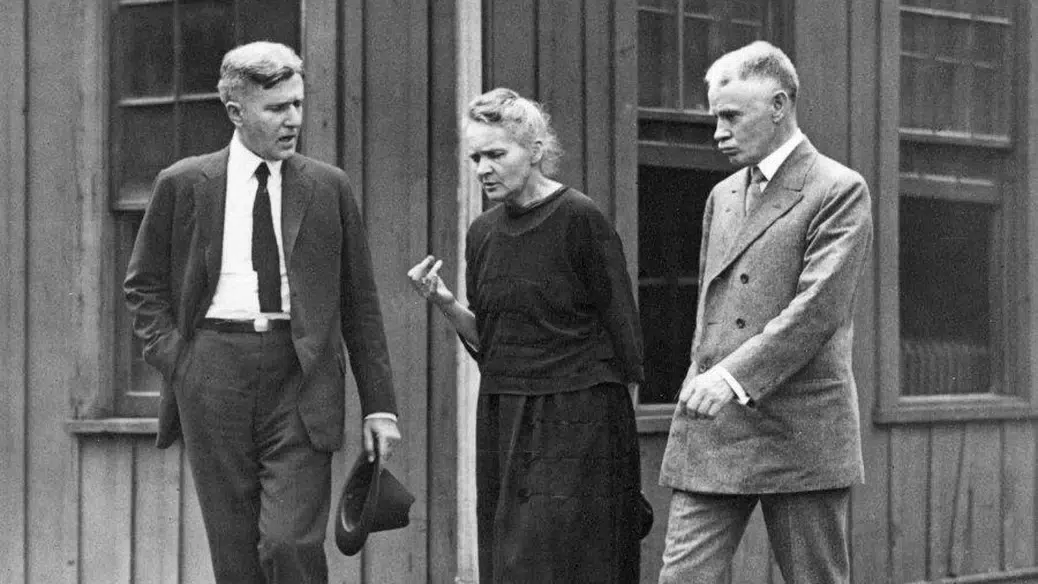In the annals of scientific history, few names shine as brightly as Maria Skłodowska Curie, born on November 7, 1867, in Warsaw, Poland. She defied conventions of her time. She become the first woman to win Nobel Prizes in two different scientific fields. Her life was a testament to resilience, intellectual brilliance, and a pioneering spirit.
A Passion for Knowledge
Maria Skłodowska Curie's early years were marked by an insatiable thirst for knowledge. She pursued higher education with unwavering determination. Despite societal norms that limited educational opportunities for women. She moved to Paris in 1891 to study at the Sorbonne, and began her scientific journey.
Radiant Discoveries
Maria Skłodowska Curie's pioneering research centered on radioactivity. With her husband, Pierre Curie, she unearthed two novel elements, polonium and radium. As a result catalyzing advancements in physics and chemistry. Their groundbreaking efforts earned them the 1903 Nobel Prize in Physics. Marie became not just the first woman to receive this esteemed accolade. In addition she become the first individual to win Nobel Prizes in two distinct scientific domains.
A Love Story: Marie and Pierre
Amid her scientific pursuits, Maria Skłodowska Curie found deep love in the arms of Pierre Curie. Their partnership, both in science and in romance, led to groundbreaking discoveries. Tragically, Pierre Curie's life was cut short in a tragic accident in 1906, leaving Marie to continue their work alone.
Challenges and Triumphs
Marie Curie encountered skepticism and prejudice in the male-dominated scientific realm, but her determination and achievements proved her detractors wrong. She not only became the Sorbonne's inaugural female professor but also blazed a trail for forthcoming generations of women in science.
Legacy and Impact
Maria Skłodowska Curie's legacy reaches beyond her scientific achievements, symbolizing the influence of education, determination, and the pursuit of knowledge. In addition she underscored the significance of shattering barriers. Her pioneering work in radioactivity paved the way for progress in fields like medicine and industry. Even today, her name stands as a symbol of scientific excellence, a pioneering spirit, and unwavering dedication to gender equality in science.
Conclusion
Maria Skłodowska Curie's life is a testament to breaking societal norms and scientific barriers. Her journey exemplifies how passion, perseverance, and an unwavering commitment to knowledge can lead to greatness. In other words Curie's story continues to inspire future generations, particularly women in science, encouraging them to reach for the stars and make their mark on the world.

